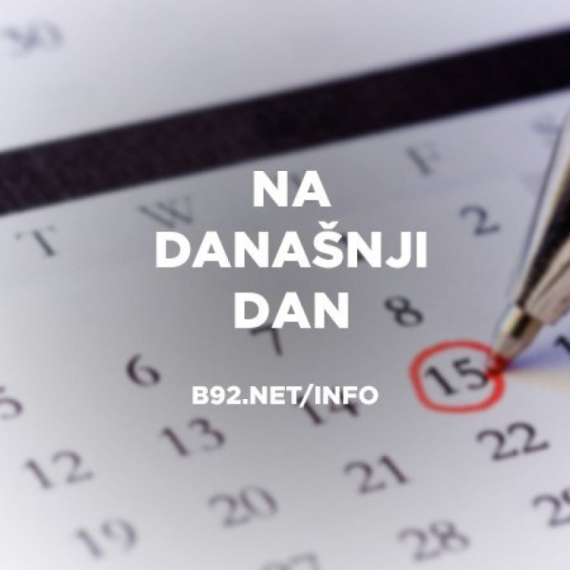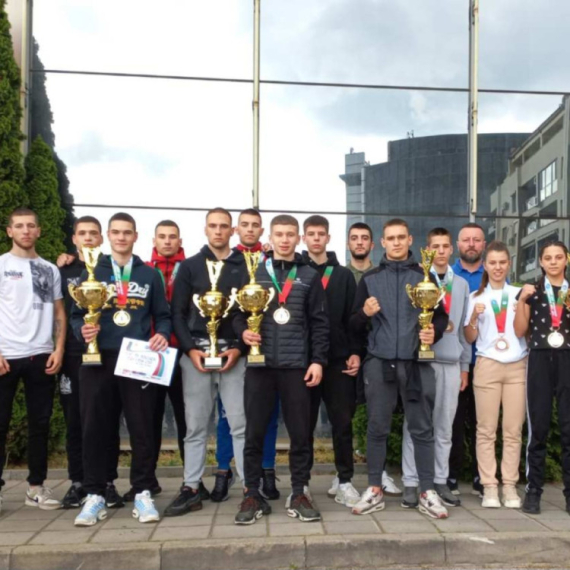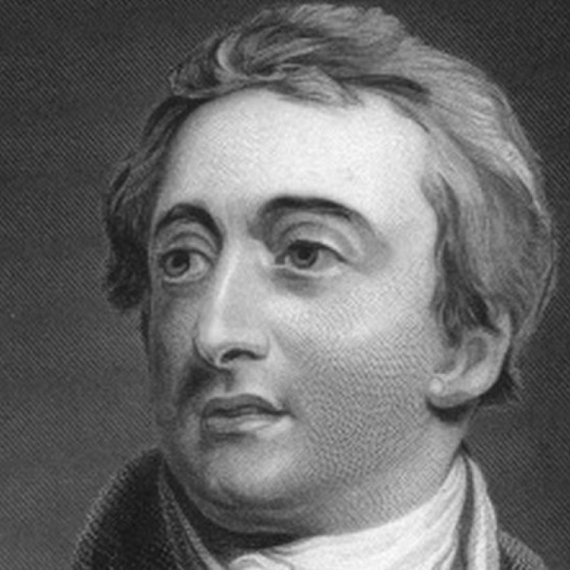PM announces liberalization of oil market
PM Mirko Cvetković today announced that cell phone taxes will be abolished, along with the liberalization of the oil derivatives market.
Wednesday, 27.10.2010.
15:43

PM Mirko Cvetkovic today announced that cell phone taxes will be abolished, along with the liberalization of the oil derivatives market. He told a conference in Belgrade on Wednesday that customs rates will also be abolished in line with the process of EU accession, and that the country would do away with railway traffic monopoly. PM announces liberalization of oil market The oil derivatives market will be liberalized as of January 2011, Cvetkovic said. The prime minister, however, did not mention when the ten-percent cell phone tax will be abandoned. At the same time he noted that landline telephony is no longer monopolized by one company, and said the positive effects of this are not yet obvious. Cvetkovic, who presented the so-called White Book 2010 to the Council of Foreign Investors, also noted that Serbia's economic policy in the coming period will be aimed at developemtn based on investments, spending on infrastructure and creating improved business climate, as well as increased production of export-bound goods and services. The prime minister told the gathering that predictability of Serbia's economic policy was very important for foreign investors, and added that principles related to that predictability include EU integration, the current IMF arrangement, fight against monopolies and further regulations reform. Cvetkovoc called on foreign investors to act as their country's ambassadors in promoting more favorable conditions for investments, and direct their objections to this cabinet. EC questionnaire to focus on law implementation Head of the EU Delegation to Serbia Vincent Degert said Wednesday that the European Commission (EC) questionnaire, which will be given to Serbia to help determine its readiness to begin accession negotiations, will focus on law implementation. The EC will monitor law implementation, which is necessary for a healthy market, Degert stated during the presentation of the White Book 2010, a publication by the Foreign Investors Council (FIC), containing a set of recommendations to improve the business climate in Serbia. According to Degert, the EC will present its annual report on Serbia's progress in EU integration in November, which could serve as a roadmap to Serbia as it continues its reforms. FIC President Kjell-Morten Johnsen said Serbia needed to carry on with its organizational reform, imrove law implementation and maintain fiscal discipline, stressing that foreign investors wanted predictable business conditions, because companies had to know that taxes would remain unchanged over a certain period. Serbia needs a law that would control trial length, since the economy is currently under pressure from very slow trials, Johnsen noted. The economic crisis hurt Serbia less than other countries in the region, and it is an advantage Serbia should protect, Johnsen remarked. The meeting was opened by Prime Minister Mirko Cvetkovic. It welcomed more than 500 guests, with ministers Bozidar Djelic, Slobodan Milosavljevic, Mladjan Dinkic and Jasna Matic among them, as well as National Bank of Serbia Governor Dejan Soskic. The FIC was established in 2002. It presently comprises over 120 companies, which have invested a total of EUR 11.6 billion and provided more than 69,000 jobs. Mirko Cvetkovic (FoNet, file)
PM announces liberalization of oil market
The oil derivatives market will be liberalized as of January 2011, Cvetković said.The prime minister, however, did not mention when the ten-percent cell phone tax will be abandoned. At the same time he noted that landline telephony is no longer monopolized by one company, and said the positive effects of this are not yet obvious.
Cvetković, who presented the so-called White Book 2010 to the Council of Foreign Investors, also noted that Serbia's economic policy in the coming period will be aimed at developemtn based on investments, spending on infrastructure and creating improved business climate, as well as increased production of export-bound goods and services.
The prime minister told the gathering that predictability of Serbia's economic policy was very important for foreign investors, and added that principles related to that predictability include EU integration, the current IMF arrangement, fight against monopolies and further regulations reform.
Cvetkovoć called on foreign investors to act as their country's ambassadors in promoting more favorable conditions for investments, and direct their objections to this cabinet.
EC questionnaire to focus on law implementation
The EC will monitor law implementation, which is necessary for a healthy market, Degert stated during the presentation of the White Book 2010, a publication by the Foreign Investors Council (FIC), containing a set of recommendations to improve the business climate in Serbia.
According to Degert, the EC will present its annual report on Serbia's progress in EU integration in November, which could serve as a roadmap to Serbia as it continues its reforms.
FIC President Kjell-Morten Johnsen said Serbia needed to carry on with its organizational reform, imrove law implementation and maintain fiscal discipline, stressing that foreign investors wanted predictable business conditions, because companies had to know that taxes would remain unchanged over a certain period.
Serbia needs a law that would control trial length, since the economy is currently under pressure from very slow trials, Johnsen noted.
The economic crisis hurt Serbia less than other countries in the region, and it is an advantage Serbia should protect, Johnsen remarked.
The meeting was opened by Prime Minister Mirko Cvetković. It welcomed more than 500 guests, with ministers Božidar Đelić, Slobodan Milosavljević, Mlađan Dinkić and Jasna Matić among them, as well as National Bank of Serbia Governor Dejan Šoškić.
The FIC was established in 2002. It presently comprises over 120 companies, which have invested a total of EUR 11.6 billion and provided more than 69,000 jobs.














































Komentari 0